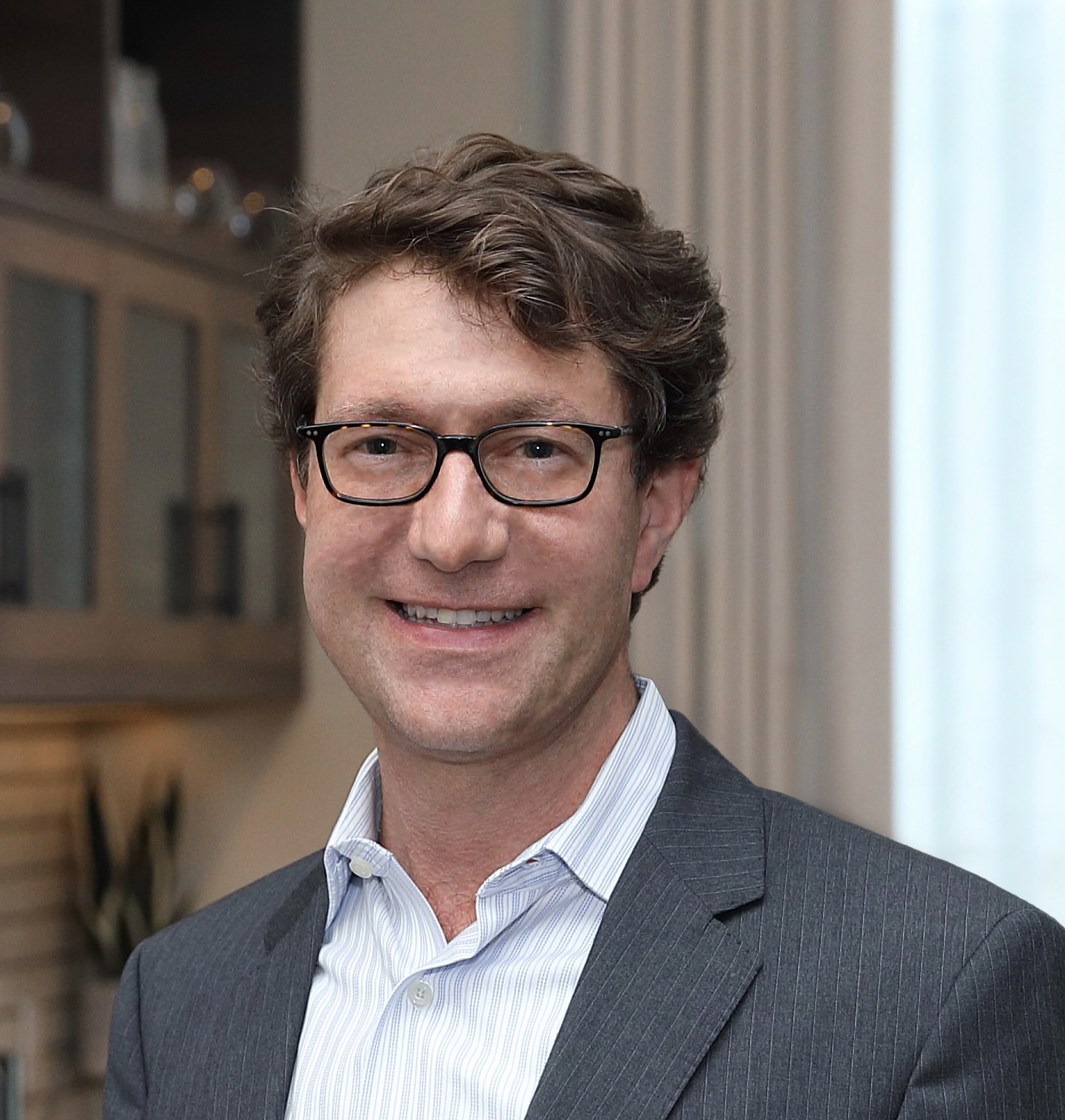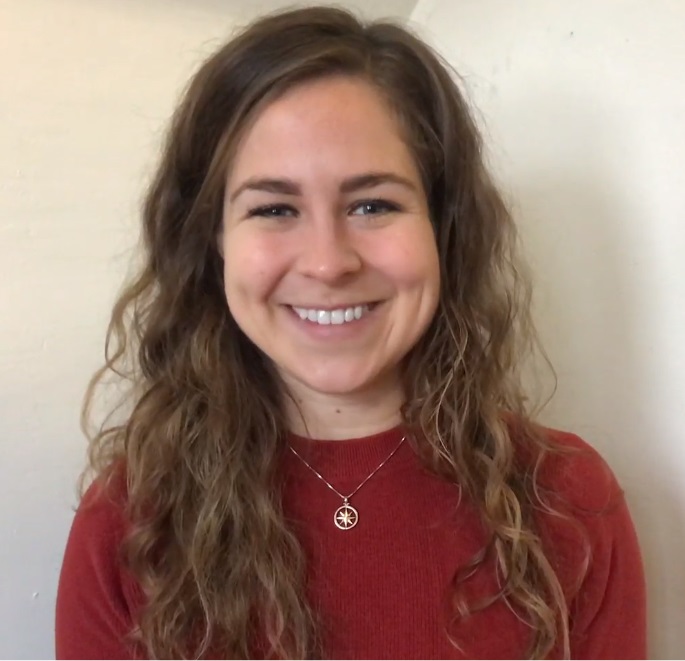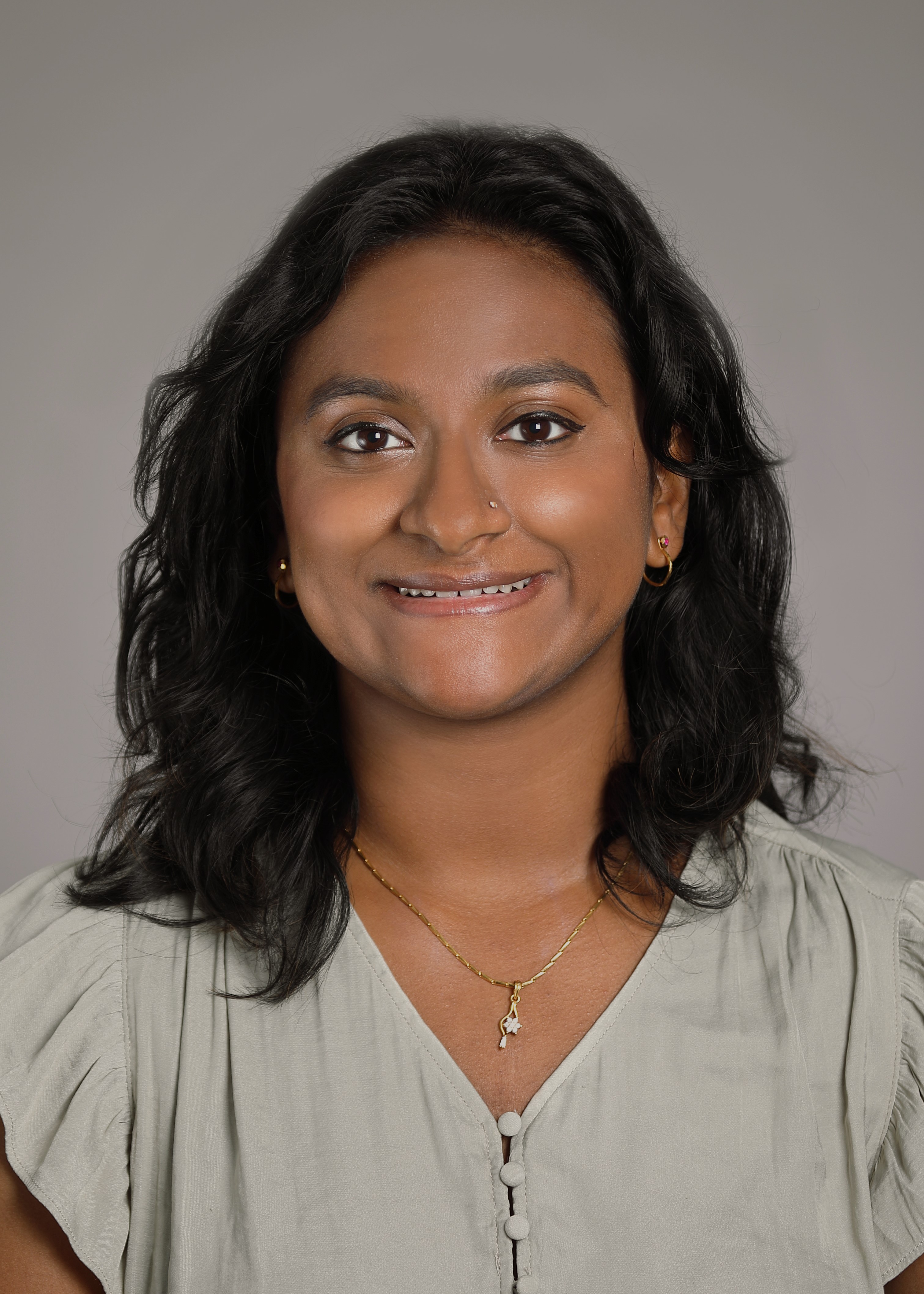Bacterial pathogens may undergo dramatic evolution in the context of chronic infection, facilitating host adaptation and the development of antibiotic resistance. In some cases, elevated mutation rates due to evolved mismatch repair and proofreading deficiencies have been shown to contribute to accelerate this evolution. An important insight from studies of within-host adaptation has been that genetic modifications that occur during chronic infection may parallel those that underlie the emergence of human-restricted pathogens from broad-host range generalists over longer evolutionary periods. In the Bacterial Pathogenesis and Antimicrobial Resistance Section (BPARS), we apply a systems biology approach to understand selection dynamics and host-pathogen interactions in the context of defined genetic immunodeficiency diseases. This approach integrates genomics, transcriptomics (RNA-seq), and metabolomic methods to identify and characterize specializations that occur during within-host adaptation. In these studies, we seek to address (1) the role of bacterial hypermutation and other forms of genome plasticity in within-host evolution, (2) the roles that host immune deficiencies can play in shaping the within-host evolution in persistent infections, and (3) the evolution of antimicrobial resistance in the context of acute and chronic infection.
Another linked area of focus within the BPARS are the evolutionary mechanisms by which antibiotic resistance emerges in Gram-negative bacterial pathogens in the context of acute and chronic infection. The approaches applied include genomic sequencing of current and historical clinical bacterial isolates, transcriptome analysis with RNA-seq, proteomics, metabolomics, and in vitro adaptive evolution. This work aims to reveal novel mechanisms of resistance to broad spectrum antibiotics, with implications for clinical treatment of Gram-negative infections.
John P. Dekker, M.D., Ph.D.
Senior Investigator
Lasker Clinical Research Scholar
Chief, Bacterial Pathogenesis and Antimicrobial Resistance Section
Specialty(s): Pathology, Clinical, Pathology, Medical Microbiology
Education:
M.D., Harvard Medical School
Ph.D., Harvard University

Jessie Ellis, Ph.D.
Postdoctoral Fellow
Education:
Ph.D., Tufts University

Soma Ghosh, Ph.D.
Staff Scientist
Education:
Ph.D., 2015, Indian Institute of Science, Bangalore, India
Languages Spoken: Hindi, Bengali
Grace Morales, Ph.D.
Postdoctoral IRTA Fellow
Education:
Ph.D., 2024, Vanderbilt University, Nashville, TN
Prashant Prabhakar Patil, Ph.D.
Postdoctoral Fellow
Languages Spoken: Hindi

Arthi Ramkumar, B.S.
Postbaccalaureate IRTA Fellow
Education:
B.S., 2023, University of Maryland College Park, College Park, MD

Nick Vereecke, Ph.D., ir.
Postdoctoral Visiting Fellow
Education:
Ph.D., 2023, Ghent University, Ghent, Belgium
Languages Spoken: Dutch, French

Tommy Yoon, B.A.
Postbaccalaureate IRTA Fellow
Education:
B.A., 2024, Reed College, Portland, OR
Former Research Group Members
- Jung-Ho Youn, Ph.D., Genomics Scientist, Department of Laboratory Medicine, NIH Clinical Center
- Jonathan Ho, M.D., Internal Medicine Resident, Brown University, Rhode Island
- Jamie Lemon, Ph.D., Director of Infectious Disease Diagnostics, Northwell Health Laboratories, New York, New York
- Andrew Clark, Ph.D., Assistant Professor, UT Southwestern Medical Center, Dallas, Texas
- Derek N. Smith, Ph.D., Genomics Biologist
- Lidia Beka, Ph.D., Technology Transfer Center, National Cancer Institute
- Chao-Jung Wu, Ph.D., Assistant Professor, Taipei Medical University, Taiwan
- Mike Tisza, Ph.D., Assistant Professor, Baylor College of Medicine, Houston, Texas
- Adrien Launay, Ph.D., Chief, Bioinformatics, Endogenomiks, Mexico
- Augusto Dulanto Chiang, M.D., Assistant Professor, Vanderbilt University Medical Center, Vanderbilt, Tennessee
- Abraham (Jon) Moller, Ph.D., Bioinformatics System Analyst, CARD, NIA, NIH

